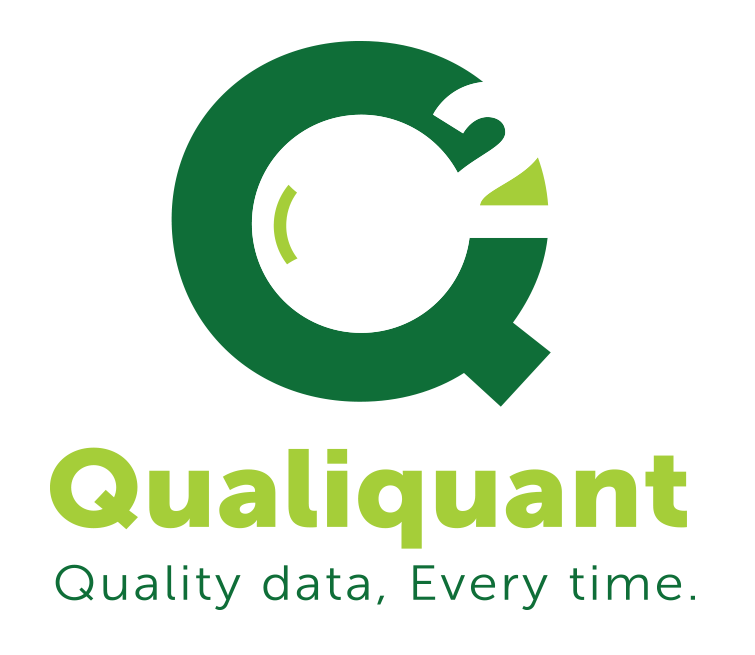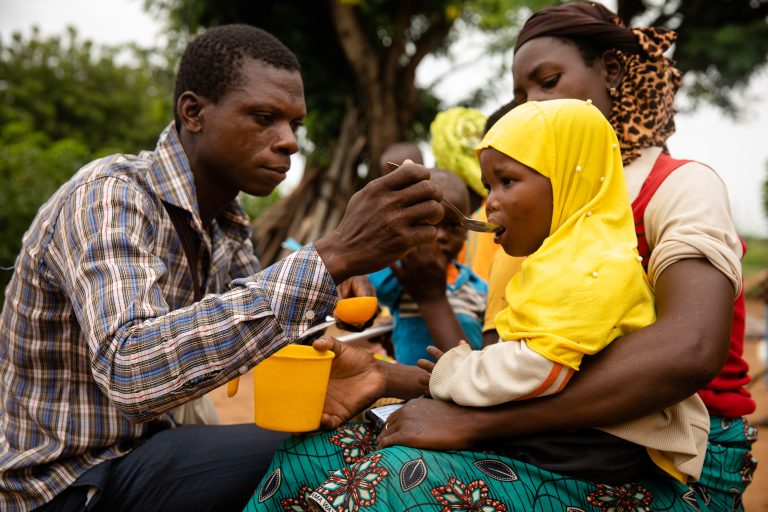Malaria continues to be a significant public health concern globally, with sub-Saharan Africa bearing the greatest burden. Nigeria, in particular, remains the epicenter of the disease, accounting for an estimated 68 million cases and 194,000 deaths annually, according to the World Malaria Report 2021. Among the most vulnerable populations are children under five, responsible for 80 percent of global malaria deaths, and pregnant women. In Nigeria, the northern states, especially Kano, Yobe, Katsina, and Taraba, are disproportionately affected due to a combination of environmental, socio-economic, and systemic factors.
Seasonal Malaria Chemoprevention (SMC) has emerged as a pivotal intervention in malaria control, especially in areas with highly seasonal transmission. Endorsed by the World Health Organization, SMC involves administering a full therapeutic course of antimalarial drugs, typically sulfadoxine-pyrimethamine and amodiaquine, to children aged 3 to 59 months during peak transmission periods. By maintaining therapeutic levels of antimalarial drugs throughout the season, SMC significantly reduces the incidence of malaria among vulnerable children.
Kano, Yobe, Katsina, and Taraba have been focal states for SMC in Nigeria due to their high malaria burden, well-defined rainy seasons, and large populations of children under five. However, each state presents unique challenges. Urbanization and poor sanitation in Kano have created mosquito breeding grounds, while Yobe’s infrastructural deficits and insecurity have disrupted healthcare delivery. Taraba’s varied topography and flood-prone zones complicate logistics, and rural Katsina struggles with limited healthcare access in remote areas.
This end-of-round programmatic assessment was designed to evaluate the effectiveness, quality, and reach of SMC implementation in these states. It assessed drug coverage, adherence to protocols, caregiver knowledge, adverse reactions, community acceptance, and logistical challenges. The primary aim was to generate actionable insights to optimize future SMC cycles and contribute to Nigeria’s National Malaria Strategic Plan 2021 to 2025, which targets a reduction in malaria prevalence to below 10 percent and a 50 percent decrease in mortality by 2025.
A cross-sectional survey was conducted in 5,280 households across the four states, targeting primary caregivers of children aged 3 to 59 months. The assessment was methodically structured, applying a two-stage cluster sampling design based on the 2006 National Population Census enumeration areas. Each state was covered with 66 clusters, with 20 households per cluster, ensuring a robust and representative sample size. In total, 1,320 matched caregiver-child pairs were surveyed per state.
The primary objectives included determining the proportion of children who received SPAQ, adherence levels among caregivers and Community Drug Distributors, effectiveness of SPAQ in preventing malaria-related fevers, reasons for SPAQ refusal, and compliance with directly observed therapy protocols. Secondary objectives explored information dissemination channels, perceptions of SPAQ, coverage among ineligible age groups between 5 and 10 years, and experiences using the NMEP One App for tracking SMC implementation.
Data collection combined digital and face-to-face methods using the KoboCollect platform. Field teams were thoroughly trained, and the survey instruments were pre-tested to ensure consistency and validity. Data quality was assured through real-time uploads, supervisory verification, built-in validation checks, and a robust quality assurance framework. Statistical analyses using STATA and SPSS ensured the rigor of coverage estimates, while NVivo facilitated qualitative insights.
Findings from this assessment provide valuable evidence to inform policy, enhance future SMC program planning, and guide partner and stakeholder collaboration. Despite the tight timeline and operational challenges, especially with training and field deployment, the assessment was successfully executed with high standards of data integrity and ethical compliance. The insights gathered reaffirm the importance of SMC as a core component of Nigeria’s malaria elimination strategy and a model for targeted intervention in high-burden, resource-constrained settings.

